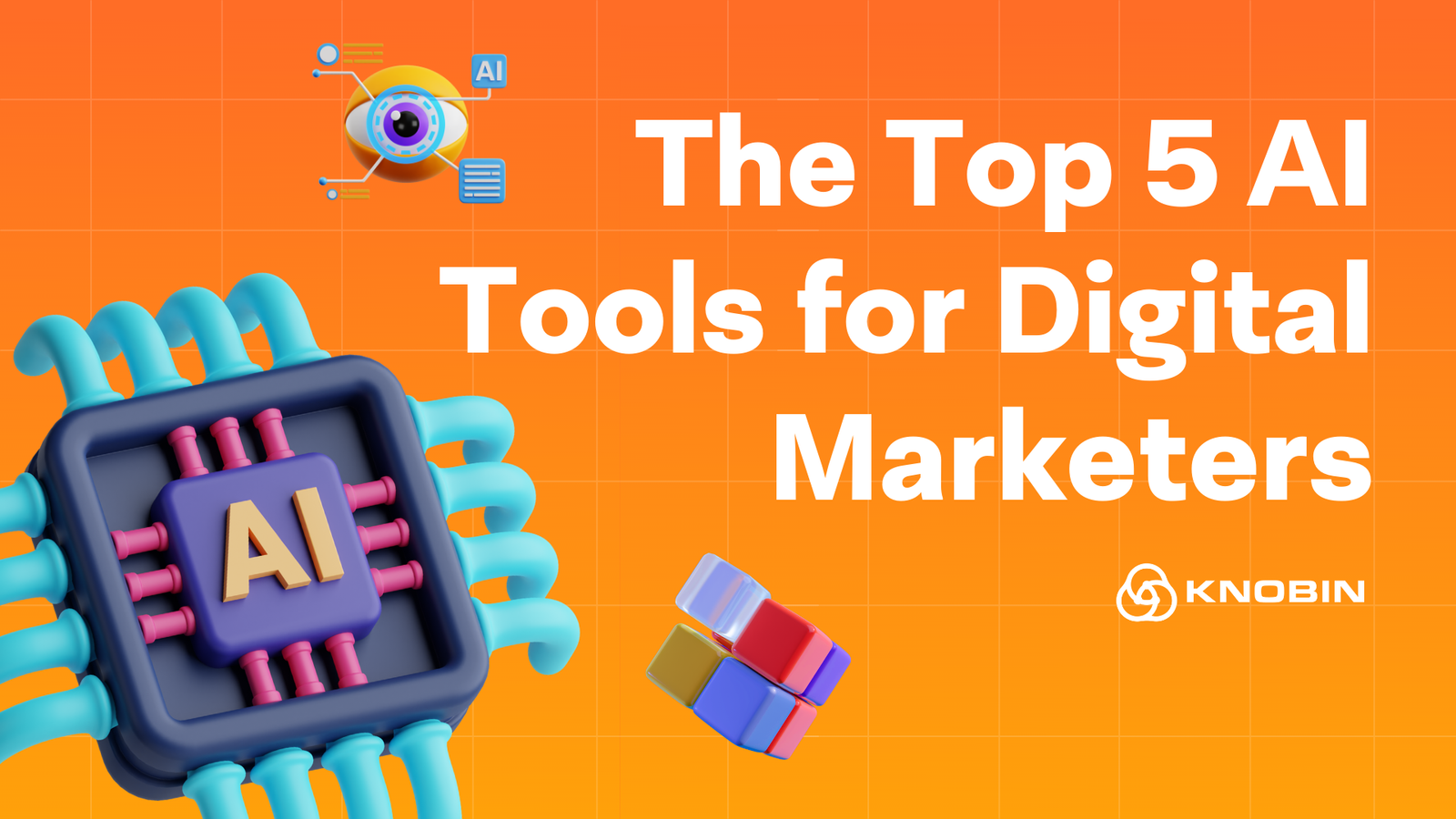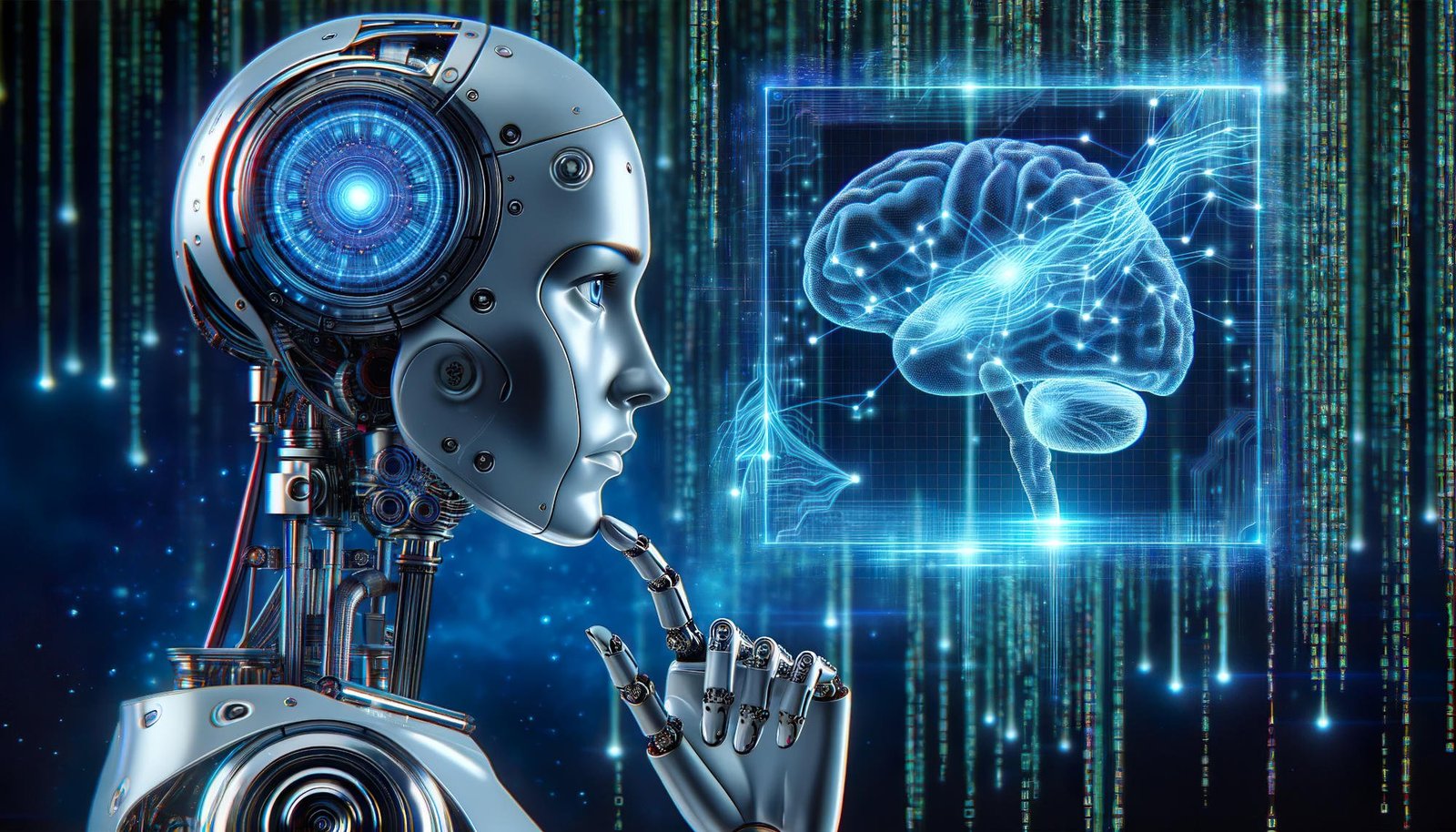In the last decade, artificial intelligence (AI) has rapidly expanded its influence into nearly every sector, from healthcare to finance. But one of the most fascinating and controversial fields it has entered is the world of music. The rise of AI music is transforming the way we create, consume, and experience sound. From algorithmically generated melodies to AI-composed symphonies, this innovation is redefining what it means to be a musician in the digital age.
What is AI Music?
AI music refers to music that is created, enhanced, or manipulated by artificial intelligence systems. These systems use machine learning algorithms and deep neural networks to analyze patterns in existing music and generate new compositions based on that data. Some AI models can compose entire songs, while others focus on specific elements like harmony, rhythm, or lyrics.
AI music can be fully autonomous—created without human input—or collaborative, where human musicians use AI as a tool in the creative process. This distinction is crucial because it opens up opportunities for both artists and non-musicians to engage in music creation.
The Technology Behind AI Music
At the heart of AI music is machine learning. By training algorithms on large datasets of music—from classical compositions to pop hits—AI learns the structure, styles, and patterns that define different genres. Tools like OpenAI’s MuseNet and Google’s Magenta are capable of composing music in multiple styles, including jazz, classical, and even EDM.
Another important technology is Natural Language Processing (NLP), which allows AI to write lyrics or match mood-based keywords to music generation. Generative Adversarial Networks (GANs) are also used in more advanced systems to improve the quality of AI-generated music by using two competing networks that refine each other’s outputs.
Applications of AI Music
The practical uses of AI music are expanding rapidly:
- Film and Video Game Scores: AI can generate background scores for movies and games quickly and affordably.
- Music Therapy: Custom therapeutic tracks can be created to help patients with anxiety, insomnia, or PTSD.
- Advertising: Brands can produce custom jingles tailored to different audiences using AI.
- Content Creation: YouTubers, podcasters, and influencers use AI music to add personalized soundtracks without worrying about copyright issues.
- Education: AI tools are helping students learn music theory and composition interactively.
Benefits of AI Music
One of the biggest benefits of AI music is accessibility. You no longer need years of musical training or expensive equipment to create music. Anyone with a computer and an internet connection can produce professional-quality tracks with the help of AI.
Speed is another advantage. Traditional composition can take days or weeks, but AI can generate a track in minutes. It’s especially useful for creators with tight deadlines.
Also, AI music encourages experimentation. Human composers can use AI to explore genres they’re not familiar with or to break through creative blocks. It acts as a collaborative partner that doesn’t get tired or run out of ideas.
Criticism and Controversy
Despite its promise, AI music is not without its critics. Some argue that it lacks soul and emotional depth, often producing music that sounds technically correct but emotionally empty. There’s also the concern that AI could eventually replace human musicians, putting livelihoods at risk.
Moreover, ethical and legal issues are still being debated. Who owns a song created by AI? Is it the developer, the user, or the machine itself? And how do we protect intellectual property when AI learns by analyzing copyrighted works?
These questions are at the forefront of ongoing discussions among artists, technologists, and legal experts.
AI Music vs. Human Creativity
A common misconception is that AI music is designed to replace human creativity. In reality, it often serves to augment it. Many musicians use AI as a tool to push boundaries, not as a substitute. Think of it as a new instrument—just like the electric guitar once revolutionized rock music, AI is now doing the same across all genres.
Collaborations between humans and AI have already led to unique and powerful compositions. For example, artists like Taryn Southern and Holly Herndon have used AI to create music that blends emotional storytelling with computational complexity.
The Future of AI Music
The future of AI music is as exciting as it is uncertain. As AI models become more sophisticated, we can expect even more intricate and human-like compositions. Real-time music generation for live performances, personalized playlists based on biometric feedback, and AI-driven music education are just a few possibilities on the horizon.
We may also see new genres emerge—sounds and structures created entirely by AI that humans wouldn’t have thought of. This could redefine musical taste and cultural trends in unexpected ways.
Yet, as with any powerful technology, there must be checks and balances. The music industry needs to establish clear guidelines for ethical AI use, intellectual property rights, and equitable revenue sharing. Doing so will ensure that AI music becomes a force for good rather than a disruptive threat.
AI Music in Everyday Life
More and more people are encountering AI music without even realizing it. Whether it’s the background music in a mobile app, the score in a short film, or a jingle in a commercial, AI-generated sound is becoming a staple of modern life. As voice assistants and smart devices become more integrated into our homes, personalized AI music recommendations and compositions will become the norm.
Final Thoughts
AI music is not just a fleeting trend—it’s a transformative movement that’s reshaping how we engage with sound. While it raises important questions about originality, ethics, and the role of technology in art, its potential to democratize music creation and inspire new forms of expression cannot be ignored.
As we move forward, the key will be finding a balance between embracing innovation and preserving the human essence of music. Whether you’re a composer, listener, or tech enthusiast, one thing is clear: AI music is here to stay, and it’s only getting started.



